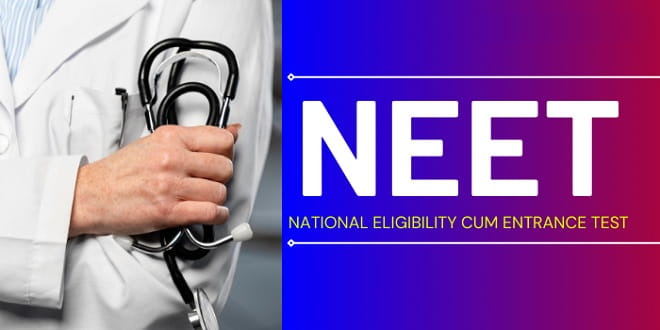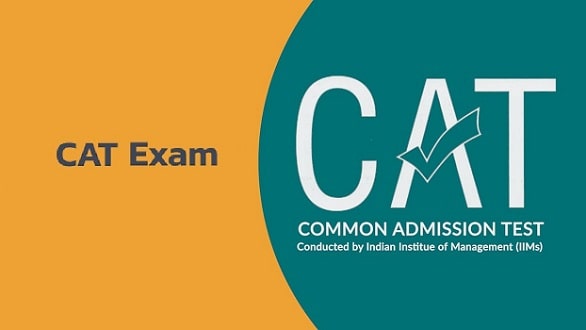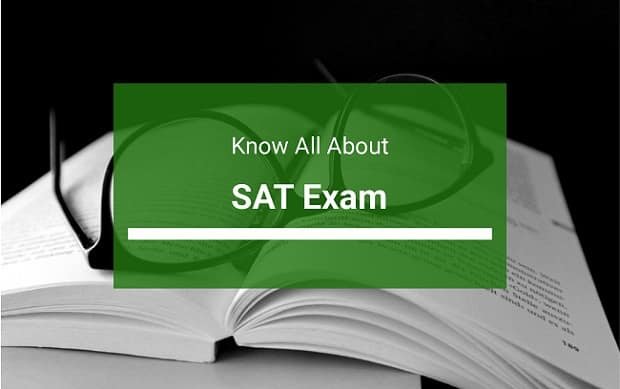Getting a scholarship during your education up to post-graduation level in medicine and engineering or your education in social or Science up to doctoral level is a real boon for any student. But it is not going to be an easy task for you. In India, we have the National Council of Educational Research and Training (NCERT), which does this favor for the students in India. It provides scholarships to the most meritorious students across India and Indian students studying in foreign countries. NTSE is the exam conducted by the NCERT to find the best students. So, here are some more details for you about the NTSET exam that can be very helpful for you.
What is NTSE Exam?
NTSE stands for National Talent Search Exam, and it is conducted to choose the best talent from the Indian students and Indian students studying in foreign. This scholarship is offered for students in the 10th standard. This exam NTSE was earlier called as National Science Talent Search Scheme (NSTSS) and National Talent Search Scheme (NTSS). It is one of the most sort-after tests in India, and thousands of students appear for this exam every year. Earlier, this scholarship was granted only for 1000 Indian students. But since 2019, this number of scholarships has been increased to 2000. This exam is conducted in two different stages, and continue reading if you wish to know more about the course. An amount of Rs 1,250 will be given to the students during their 11th and 12th standards. During your under graduation or post-graduation stage, you will receive a scholarship of Rs 2,000 per month. If you are going for Ph. D scholarship, the amount will be decided as per the norms of UGC.
Eligibility for NTSE Exam
Here are some important details about the eligibility of the NTSE exam in India:
Stage I of NTSE (State level test):
- The students should be studying their 10th standard from any private school or government school in India.
- Students from all parts of India, all states and the union territories are eligible for applying for this exam. There is no restriction on domicile.
- Students who are studying on distance or open learning can also apply for this NTSE exam. But you will have to make sure that you are not working or not above the age of 18 years.
- The students from distance learning should make sure that you are appearing for the first time for the 10th standard exam.
Stage II of NTSE (National level test):
- If you wish to enter into the Stage II of the exam, then you will have to clear the stage I or the state level exam. This is going to be a test between the students that have been selected from each state. That means, it is a national level exam.
- All the students who are eligible for the exam will receive the venue, exam roll number, date for the examination, and all the details that are related to the exam will be informed to the candidates. All the details will be made available on the NCERT website.
Indian Students in Foreign schools:
The above eligibility process was for the Indian students studying in India. But if you are an Indian, studying in a foreign school, then the process is going to be quite different. So, here is the eligibility for the foreign Indian schools:
- If you are studying in 10th standard or any equivalent course in a foreign country are eligible for taking up the stage II test of NTSE. They are exempted from the stage I exam.
- The students must have scored at least 60 percent marks in 9th standard.
- Even when they are studying in a foreign country, the students will have to make sure they take up the NTSE exam from center in India.
- The mark sheet of 9th standard should be sent to the NCERT before the student appears for the exam. The students should send a request to the school in which they are studying, and they will have to send the copy of the mark sheet to the NCERT.
- The students will be able to get the scholarship only after passing the stage II of the NTSE test and also if only they wish to continue to study in India.
NTSE Exam Syllabus
Like we already discussed, NTSE is an exam that is conducted in two different stages. The stage one is called a MAT (Mental Ability Test), and the stage two is SAT (Scholastic Ability Test). According to NCERT, you will not have any specific topics that you will have to prepare for the exam. The students will have to go through the 9th and 10th standard books. You will have to refer to Science, Mathematics and Social Studies.
- MAT (Mental Ability Test): In this stage I, the students will be tested on their skills in Analogies, Block assembly, Series, Pattern perception, Classification, Hidden figures, Problem-solving and Coding-decoding. You will have to answer 100 questions and each question carries one mark. It is multiple-choice based paper, and you will be given two hours for this paper.
- SAT (Scholastic Ability Test): In this stage II, the students will be tested on their skills in Science, Mathematics and Social studies. You will have 40 questions on Social Studies, 40 questions on Science and 20 questions on Mathematics. The paper is for 100 questions and each question carries one mark. It is multiple-choice based paper, and you will be given two hours for this paper.
The best part about this examination is that it will be conducted in many different languages like English, Hindi, Bangla, Asamiya, Gujarati, Kannada, Malayalam, Marathi, Punjabi, Odiya, Urdu, Telugu and Tamil.
Age Limit for NTSE Exams
If you wish to take the exam of NTSE, then you will have to make sure that you are satisfying the age limit that is required for the exam. All the students who are below the age of 18 years and are studying in 10th standard are eligible for taking the exam. If you have crossed the age of 18 years, you are not allowed to take the test.
Fees for NTSE Exams
Here are some of the important details about the fee for NTSE exam:
- For the stage I exam, it is the duty of the state governments and the union territories to decide the fee. The students can check out the notification or official website of NCERT for the fee details. Each state will have different details and fee. So, it is good to check the details before you start filling the application.
- For the stage II exam, the NCERT does charge any fee and it is a total free exam.
The registration process of NTSE Exams
The process of applying for the NTSE exam is very simple and can be completed very easily. The process can be completed both online and offline as well. If you wish to fill in the application form offline, then you need to get in touch with the State Liaison officer or union territory liaison officer and collect the application form. Once you fill in all the details on the application form, you can submit it to the principal of the school. The last of application is different for each state, and hence you will have to check the details clearly and only those details that are related to your state. You will have to submit the application to the principal of the school before the due date. The state and union territories will specify the fee, and that has to be paid on time.
If you wish to submit the application online, then it can be done from the NCERT website. Here is the process that you need to follow when you are planning to register online for the NTSE exam in India:
- You should first open SCERT website and click on the link that will redirect you to the NCERT page.
- Now, select the link that will help you reach the NTSE application for that particular year.
- You will be asked for many details on this page like your name, date of birth, caste, gender, academic details, contact number, income certificates and a few other details as well.
- Once you are done, you may be asked to upload the certificates required.
- You will also have to upload a copy of your latest photograph and your signature as well.
- You should now make the payment on the website itself. Usually, the fee is decided by the State and union territories and not every student is required to pay the fee.
- Once you are done with the fee payment, you can now download the filled-in application. You can now check all the details that you filled in the form and submit it to your school principal before the last date.
All the forms collected from the students should be submitted to the State or the union territory Liaison office before the specified time frame.

Rahul Kumar is a passionate educator, writer, and subject matter expert in the field of education and professional development. As an author on CoursesXpert, Rahul Kumar’s articles cover a wide range of topics, from various courses, educational and career guidance.




